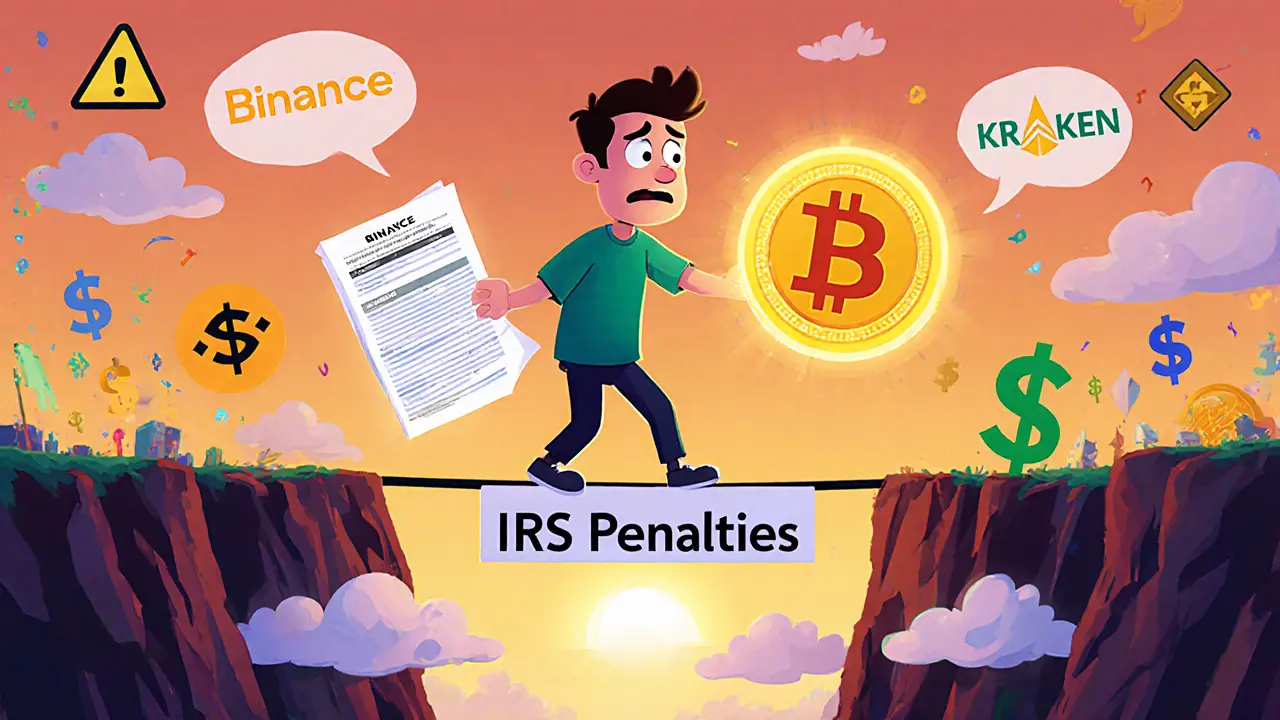FATCA Explained: How U.S. Tax Rules Impact Crypto Exchanges and Global Users
When you trade crypto on a platform outside the U.S., FATCA, a U.S. law requiring foreign financial institutions to report account holders’ information to the IRS. Also known as the Foreign Account Tax Compliance Act, it’s not just about bank accounts—it’s now a major factor in how crypto exchanges operate globally. If a platform doesn’t follow FATCA, it risks a 30% withholding tax on all U.S.-sourced payments. That’s why Binance, Kraken, and even smaller DeFi platforms have to decide: comply or cut off U.S. users.
FATCA doesn’t just target banks. It includes any entity that holds financial assets—like crypto exchanges, staking platforms, and even wallet providers that handle fiat on-ramps. If you’re a U.S. citizen or resident using a non-U.S. exchange, your identity, transaction history, and account balance may be sent to the IRS. That’s why some platforms, like those based in Switzerland or Singapore, ask for your Social Security number or U.S. address during sign-up. It’s not paranoia—it’s legal risk management. Meanwhile, non-U.S. users might notice they can’t access certain features or are blocked entirely if the platform doesn’t want to deal with FATCA paperwork. This is why you’ll see phrases like ‘Not available to U.S. persons’ on many crypto sites.
It’s not just about reporting. FATCA ties into other rules like FBAR and Form 8938. If you hold more than $10,000 in crypto across foreign platforms at any point in the year, you’re legally required to report it—even if you didn’t sell. The IRS isn’t guessing anymore. They’re getting direct data from exchanges under FATCA, and they’re cross-referencing it with your tax returns. Miss a filing? You could face penalties up to $10,000 per year, per account. That’s why crypto users in Canada, Australia, and the EU are increasingly seeing U.S. restrictions not as political, but as a compliance burden.
What you’ll find below are real-world examples of how FATCA shapes the crypto landscape: exchanges that shut down for Americans, platforms that added KYC just to stay open, and airdrops that excluded U.S. wallets to avoid legal trouble. These aren’t random decisions—they’re direct results of FATCA’s reach. Whether you’re trying to trade safely, avoid penalties, or just understand why your favorite platform won’t let you in, the answers are here.



